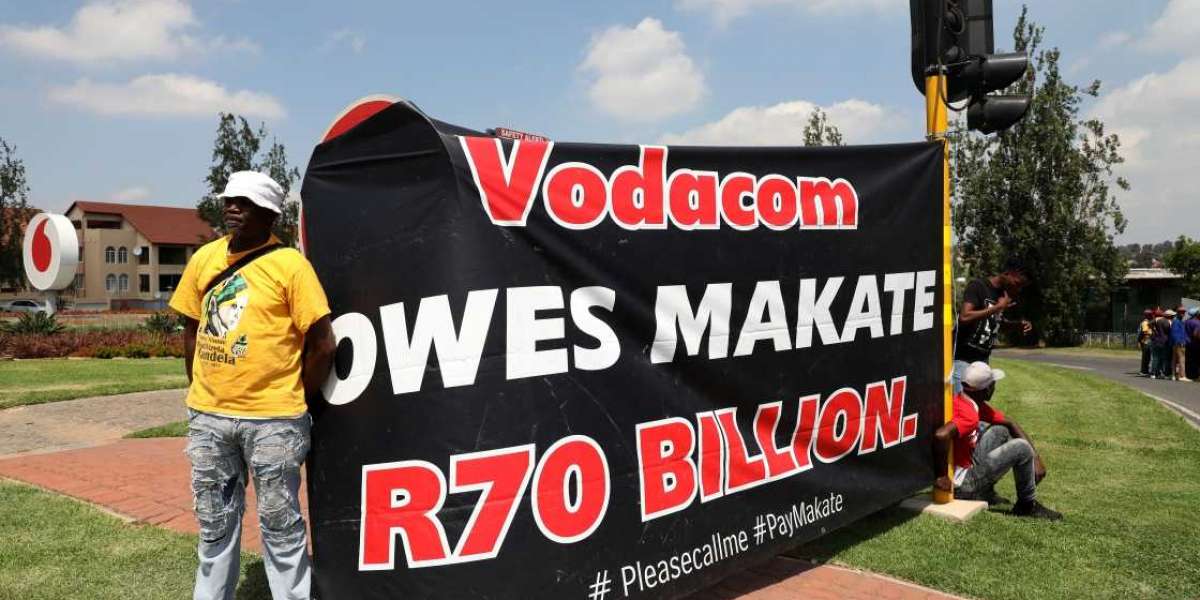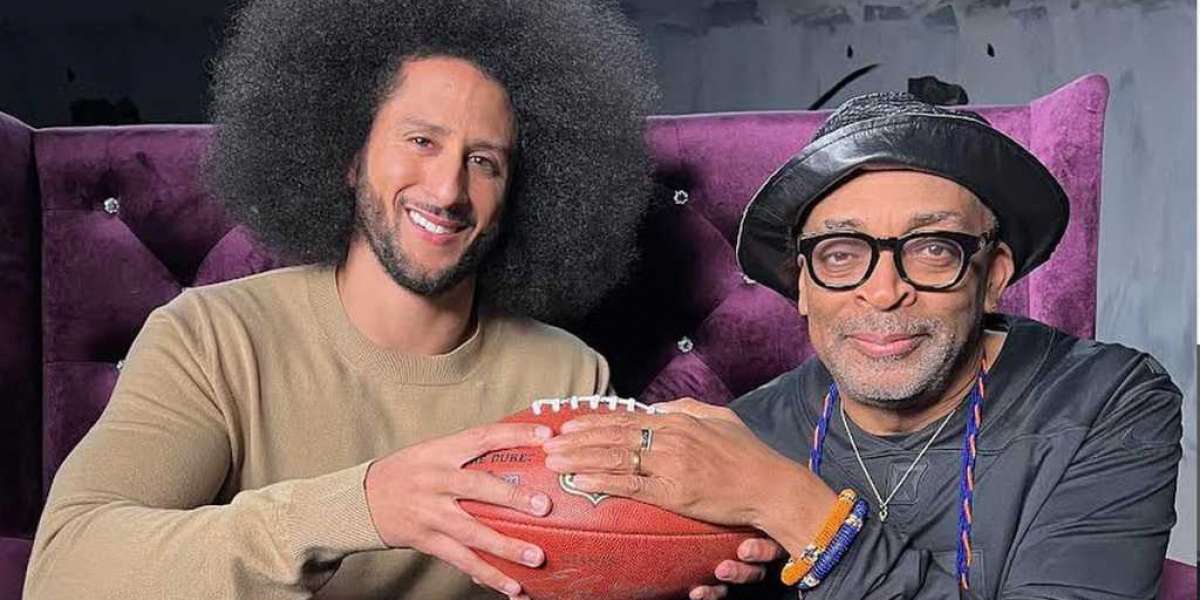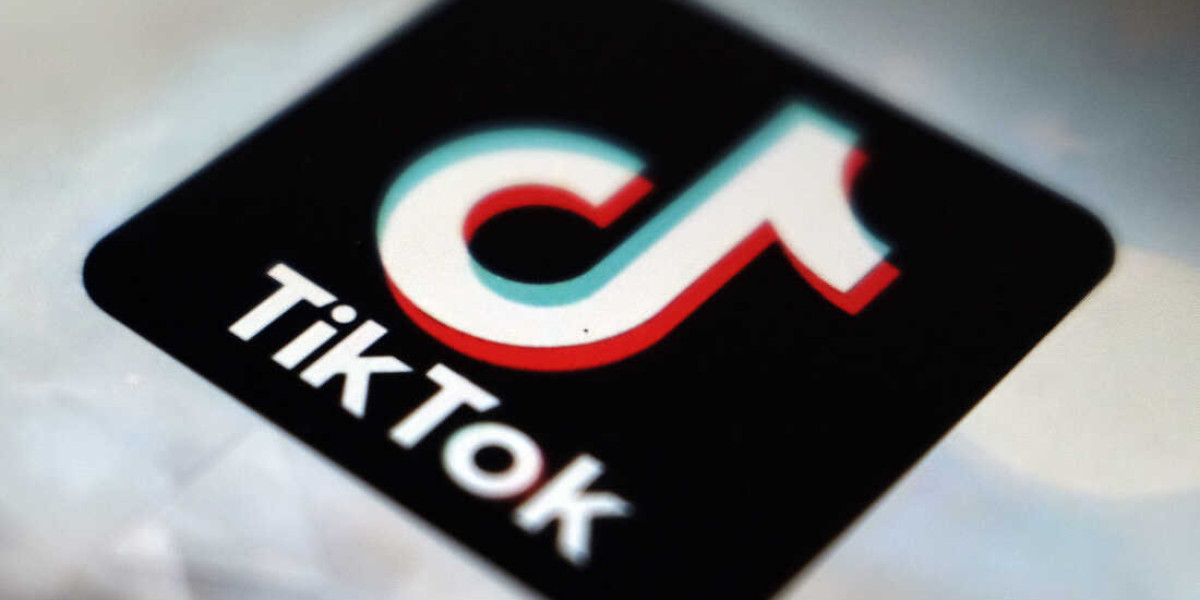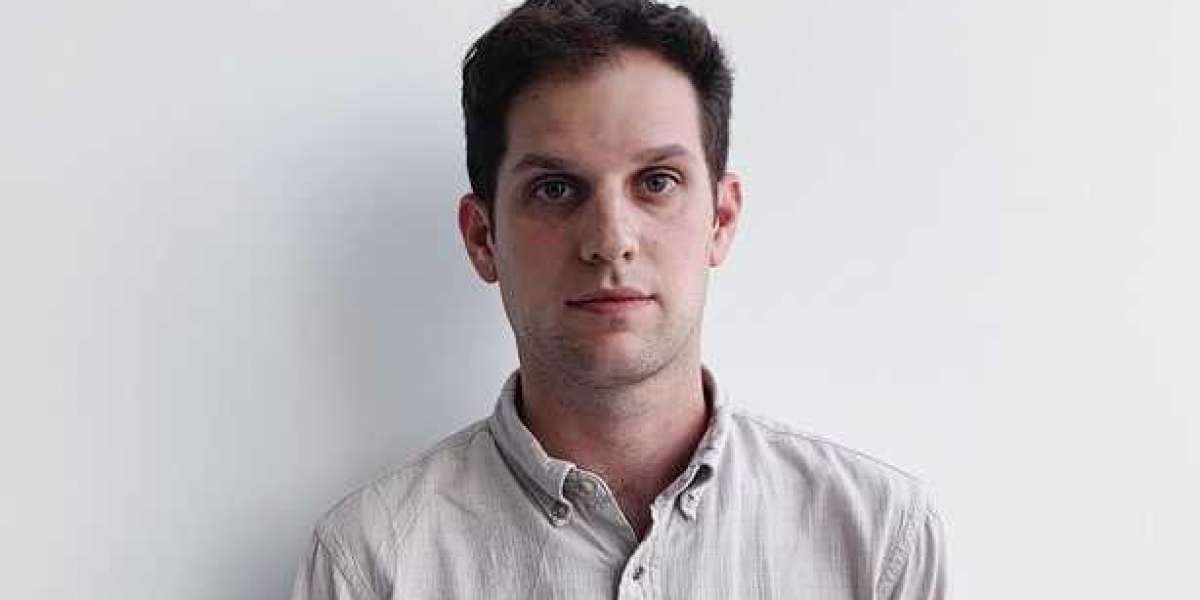Judge Wendy Hughes granted Vodacom leave to appeal her earlier ruling in a 7-page judgement delivered yesterday. Nkosana Makate, who worked as Vodacom finance manager, pitched his idea of a method to “buzz” someone else’s phone without airtime to a superior on 21 November 2000. His idea was ultimately developed into Please Call Me, which launched on the Vodacom network in January 2001. Makate launched legal action against Vodacom in 2008 after sending letters to the network in 2007, claiming that he was promised compensation as the inventor of Please Call Me.
The matter made its way to the Constitutional Court, which ruled in 2016 that Makate was entitled to payment. It ordered the parties to negotiate a fair deal. If they could not reach a good-faith agreement, Vodacom CEO Shameel Joosub had to determine an equitable amount. Joosub offered Makate R47 million for the idea, which he rejected. Makate launched a fresh legal challenge in the Pretoria High Court, obtaining a ruling in his favour in February 2022. Judge Hughes gave Joosub 30 days to recalculate the compensation the company had offered to pay.
In March, Vodacom applied for leave to appeal Hughes’ High Court judgement, which she has now granted. In its application, Vodacom argued that Hughes did not correctly apply the Bekker test and that she did not consider whether Joosub’s R47-million offer to Makate was patently inequitable. The Bekker test states: “an expert valuer’s determination can be reviewed if he or she did not exercise the judgment of a reasonable man and that such was exercised unreasonably, irregularly or wrongly so as to lead to a patently inequitable result.”
Hughes disputed that she did not consider whether Makate’s award was patently inequitable. However, she said there was a valid question if the way in which she established the patently inequitable result in her judgement goes against the Bekker test, leading to uncertainty and confusion in the law. “I am persuaded that a compelling reason exists to grant leave to appeal,” Hughes stated.








